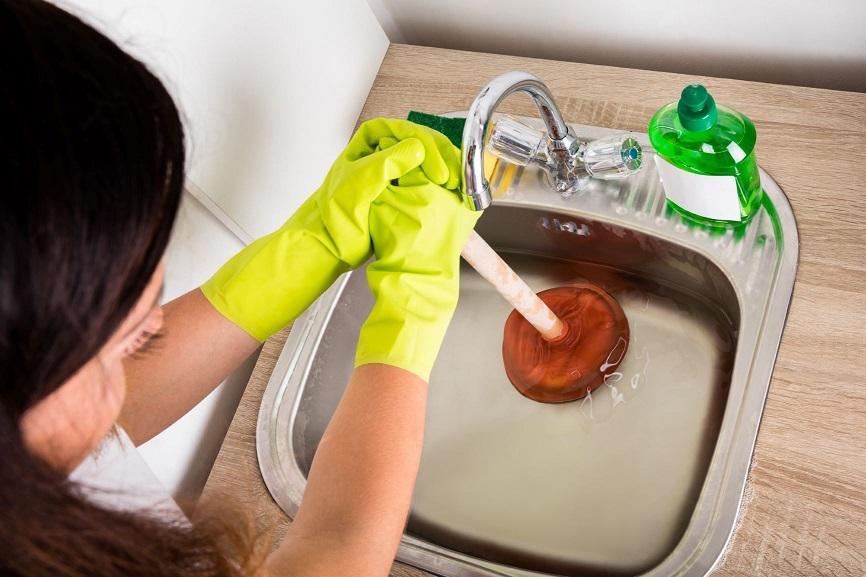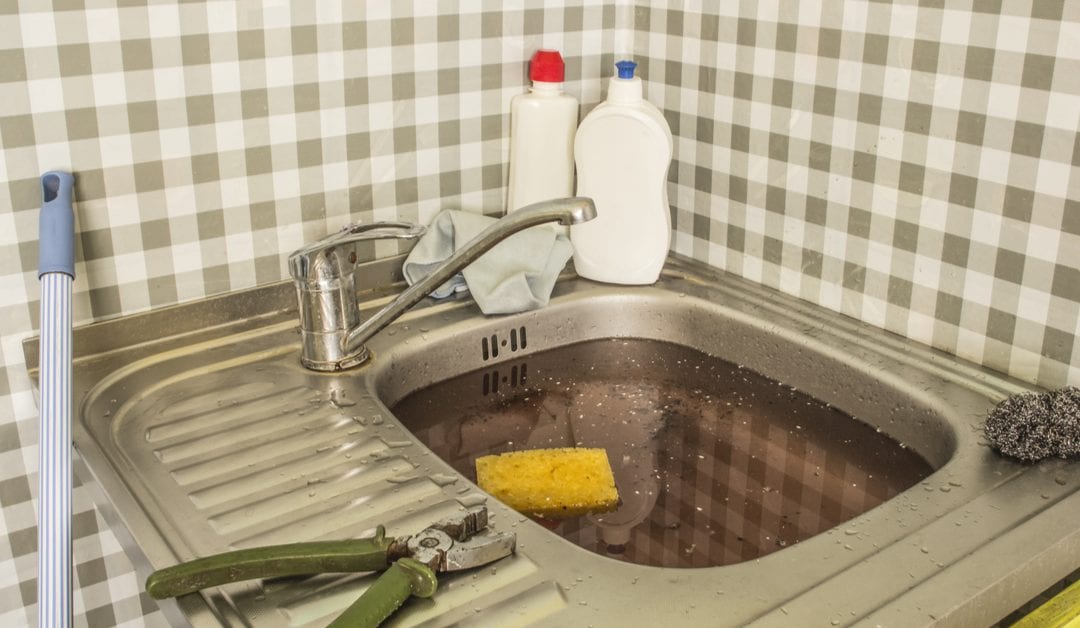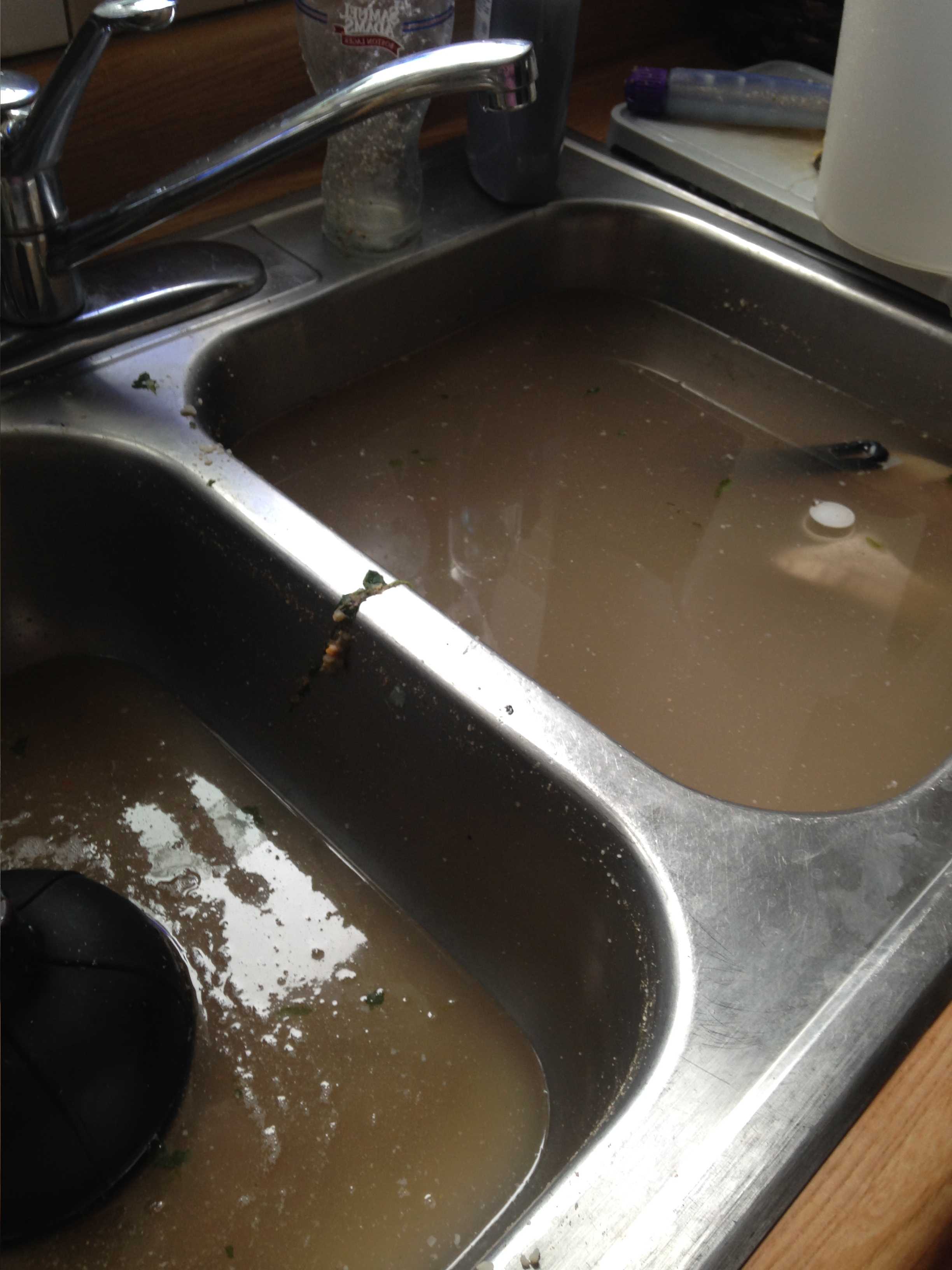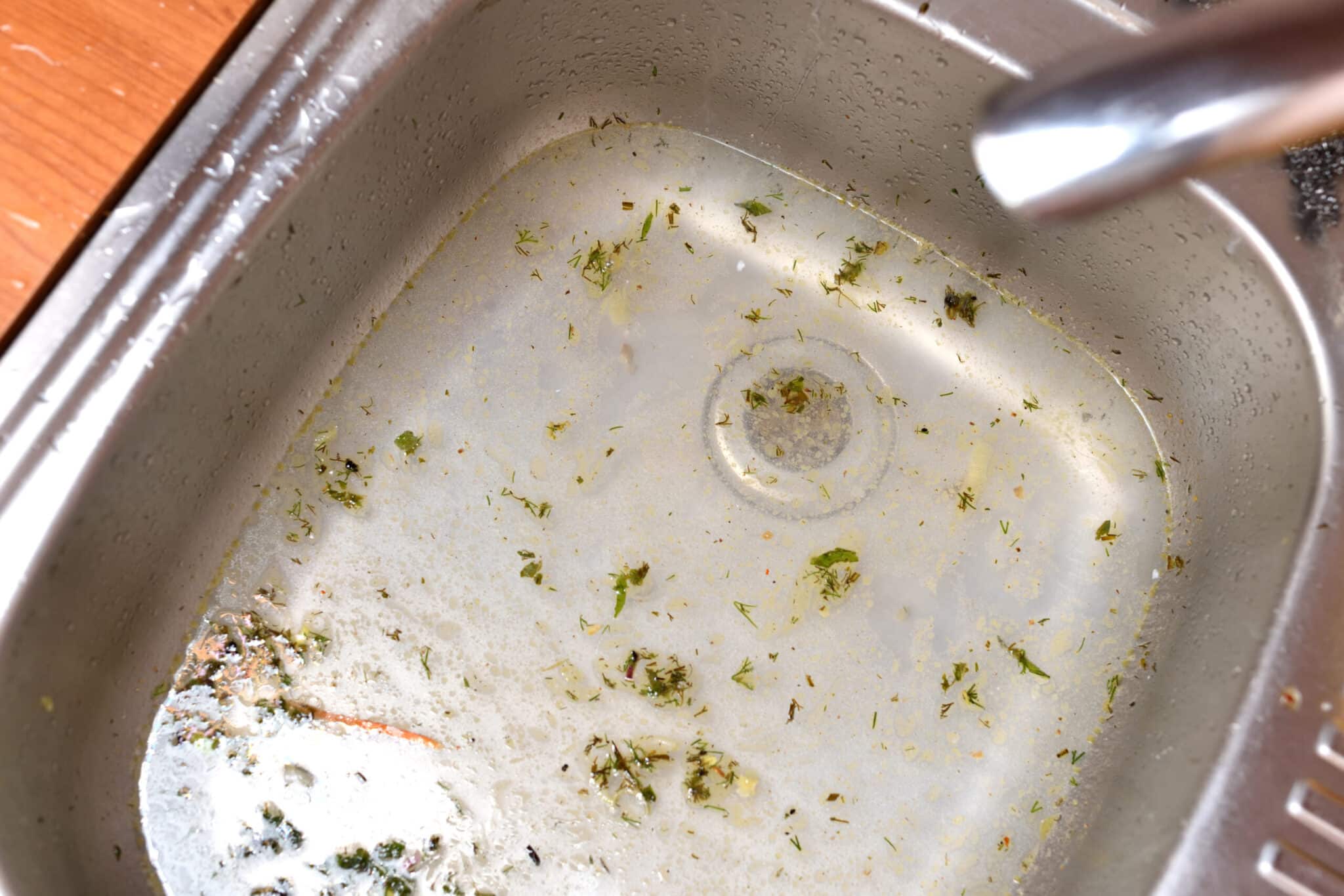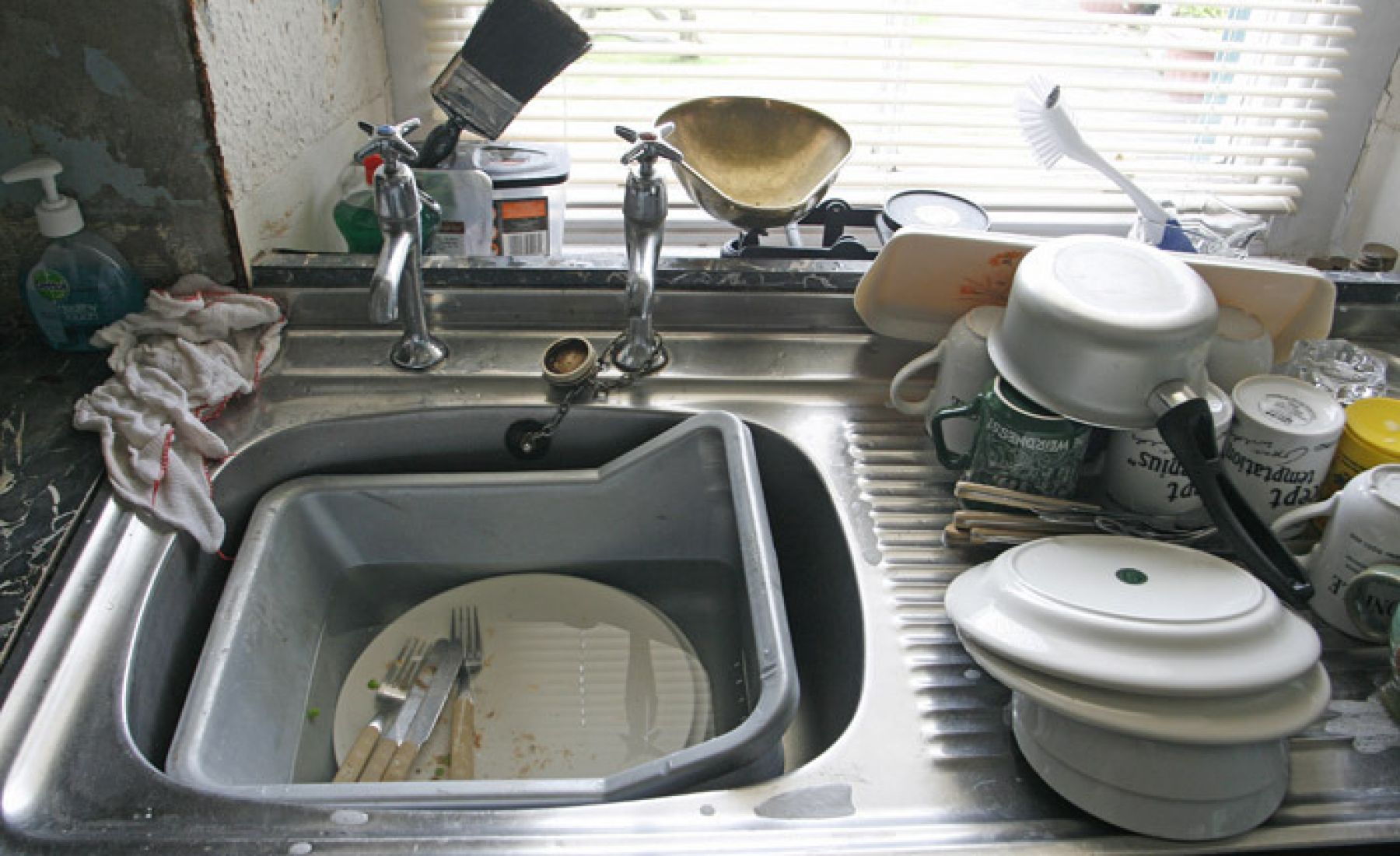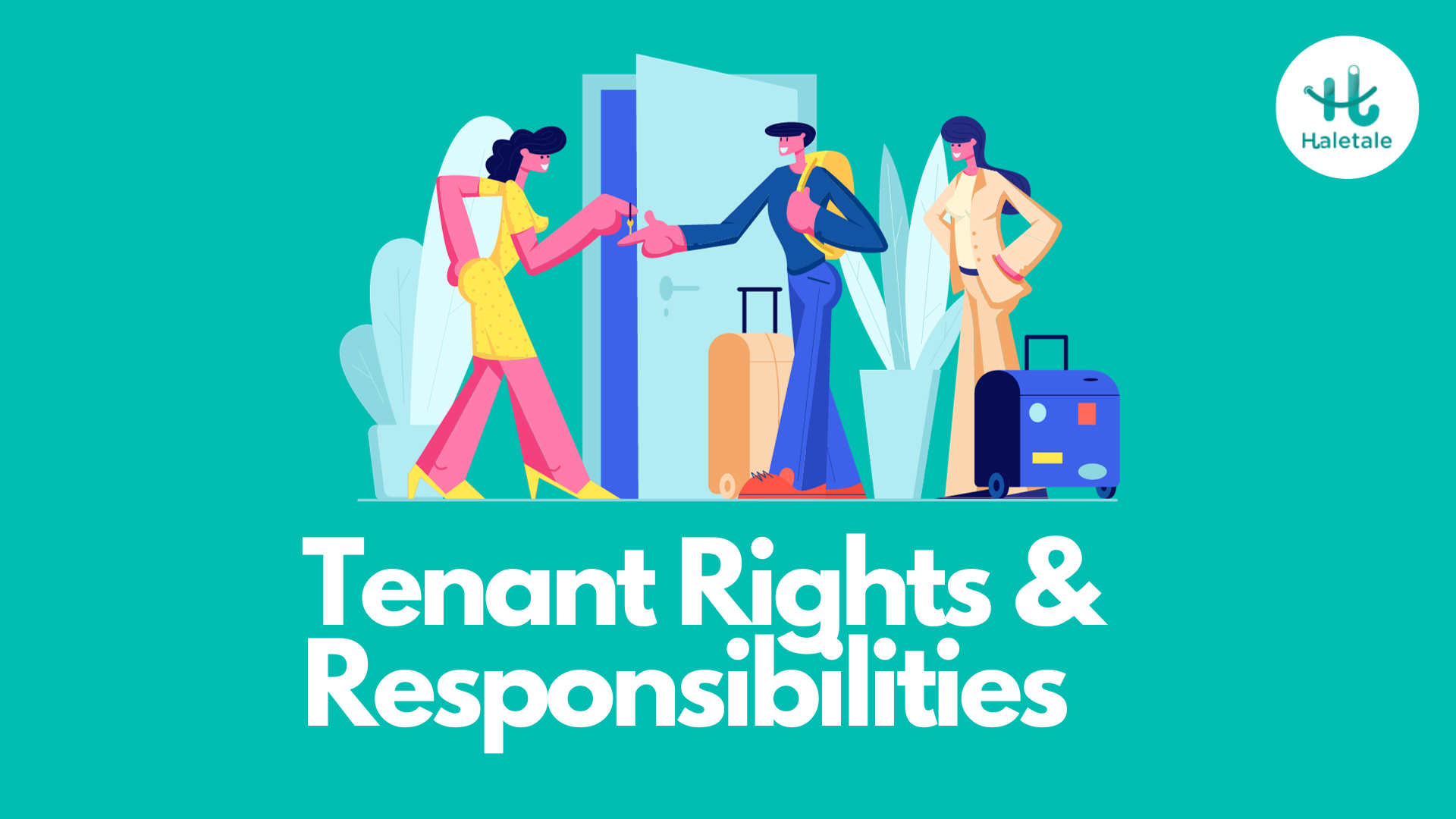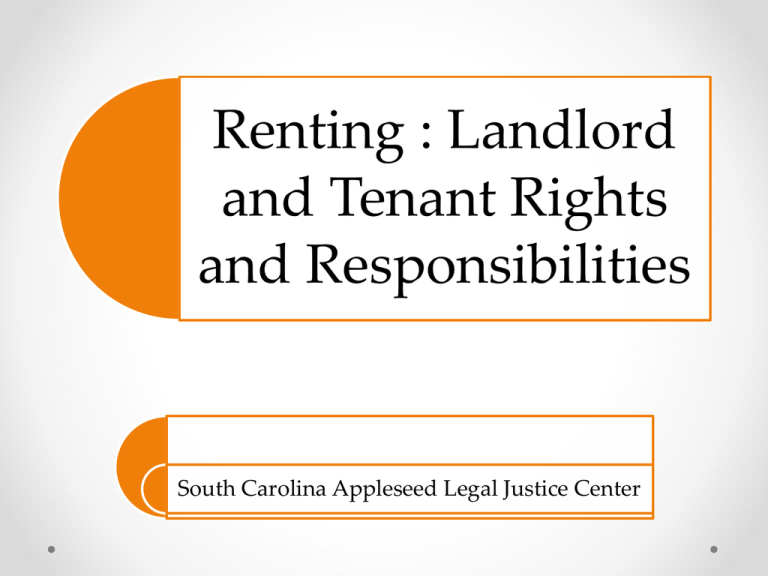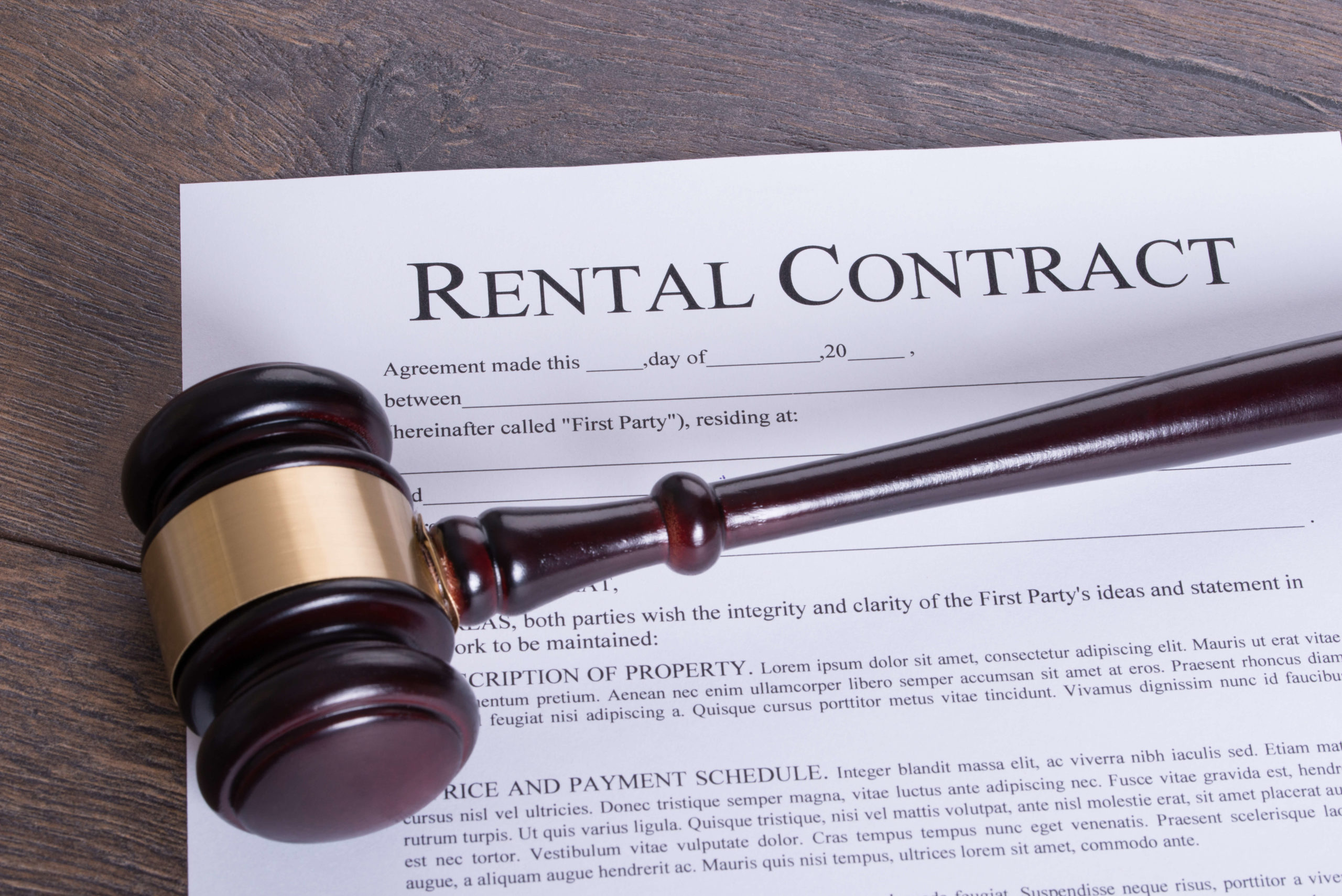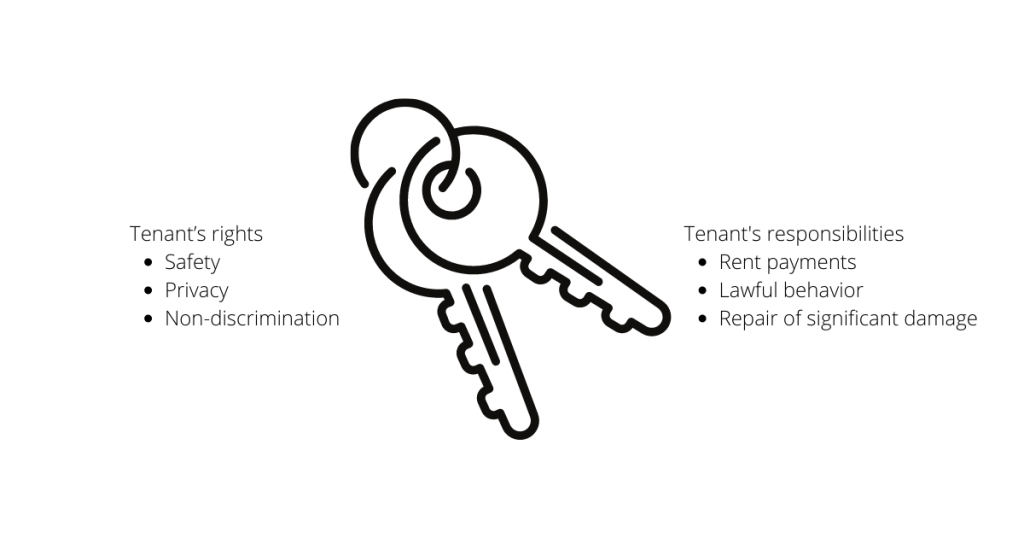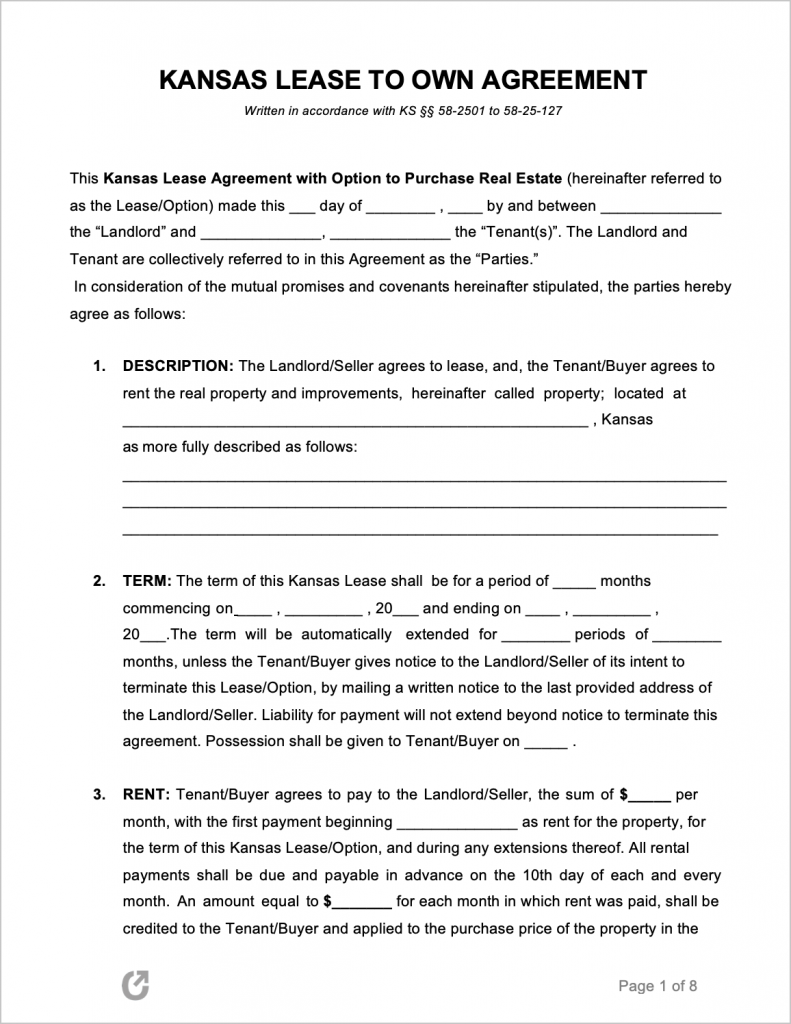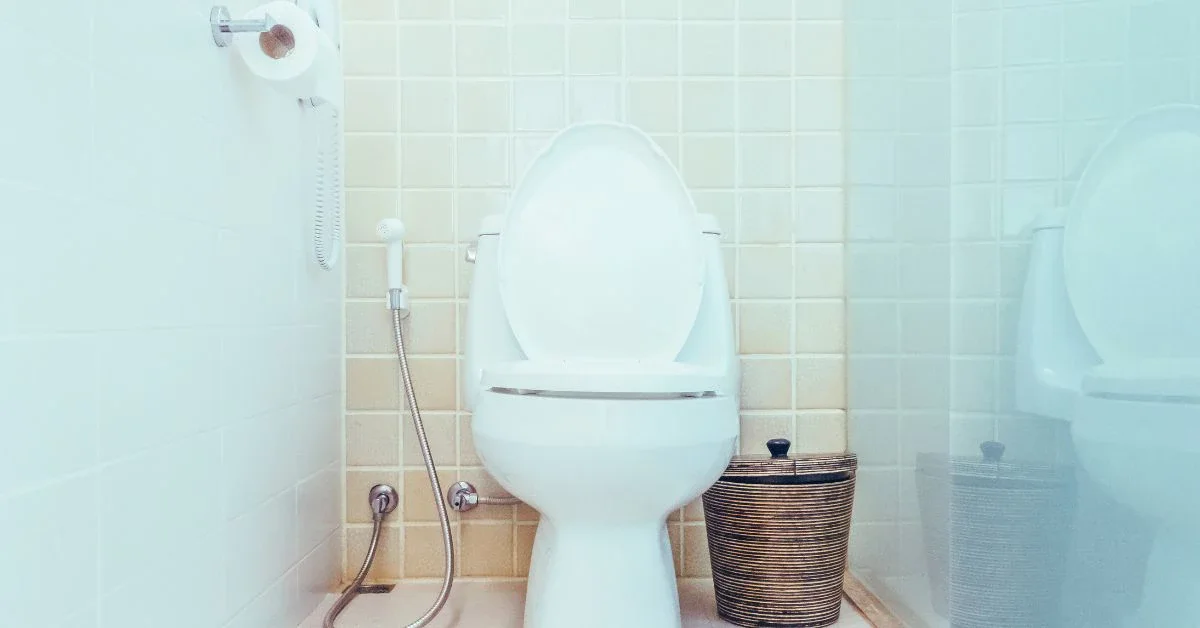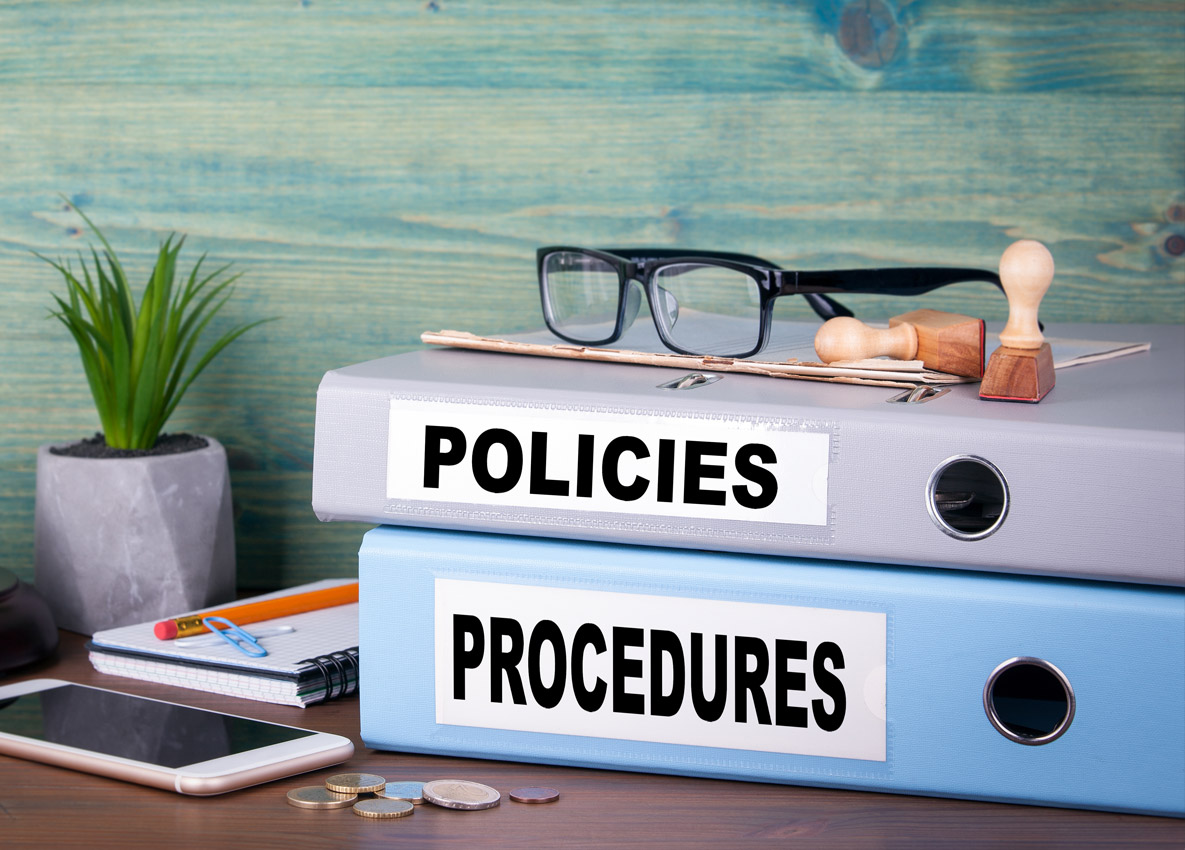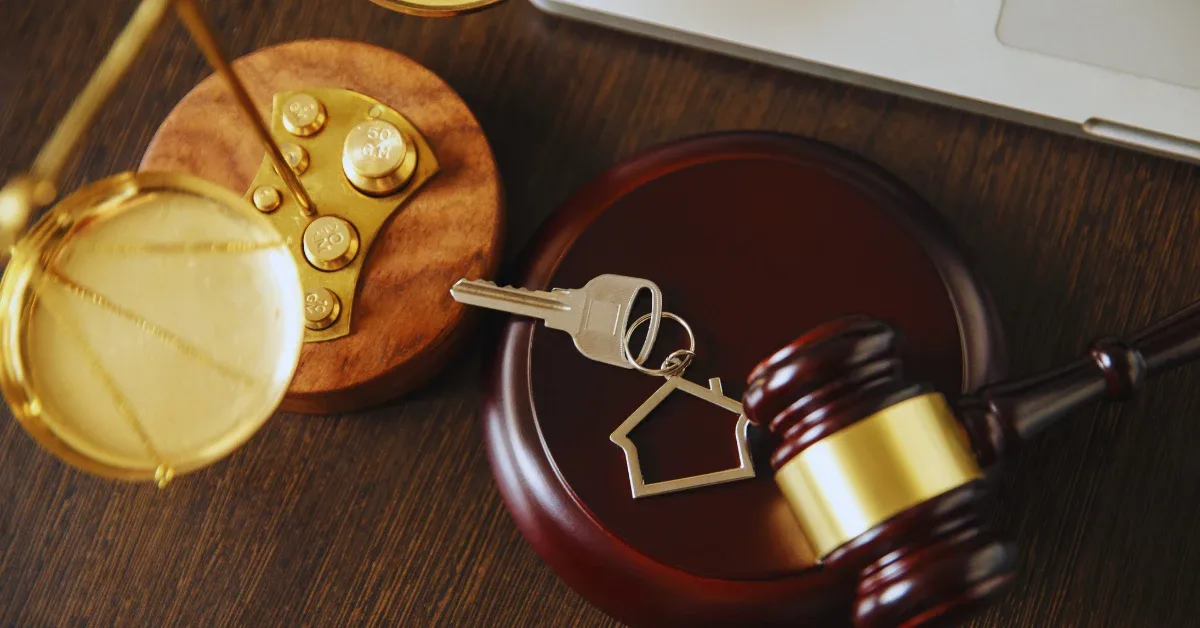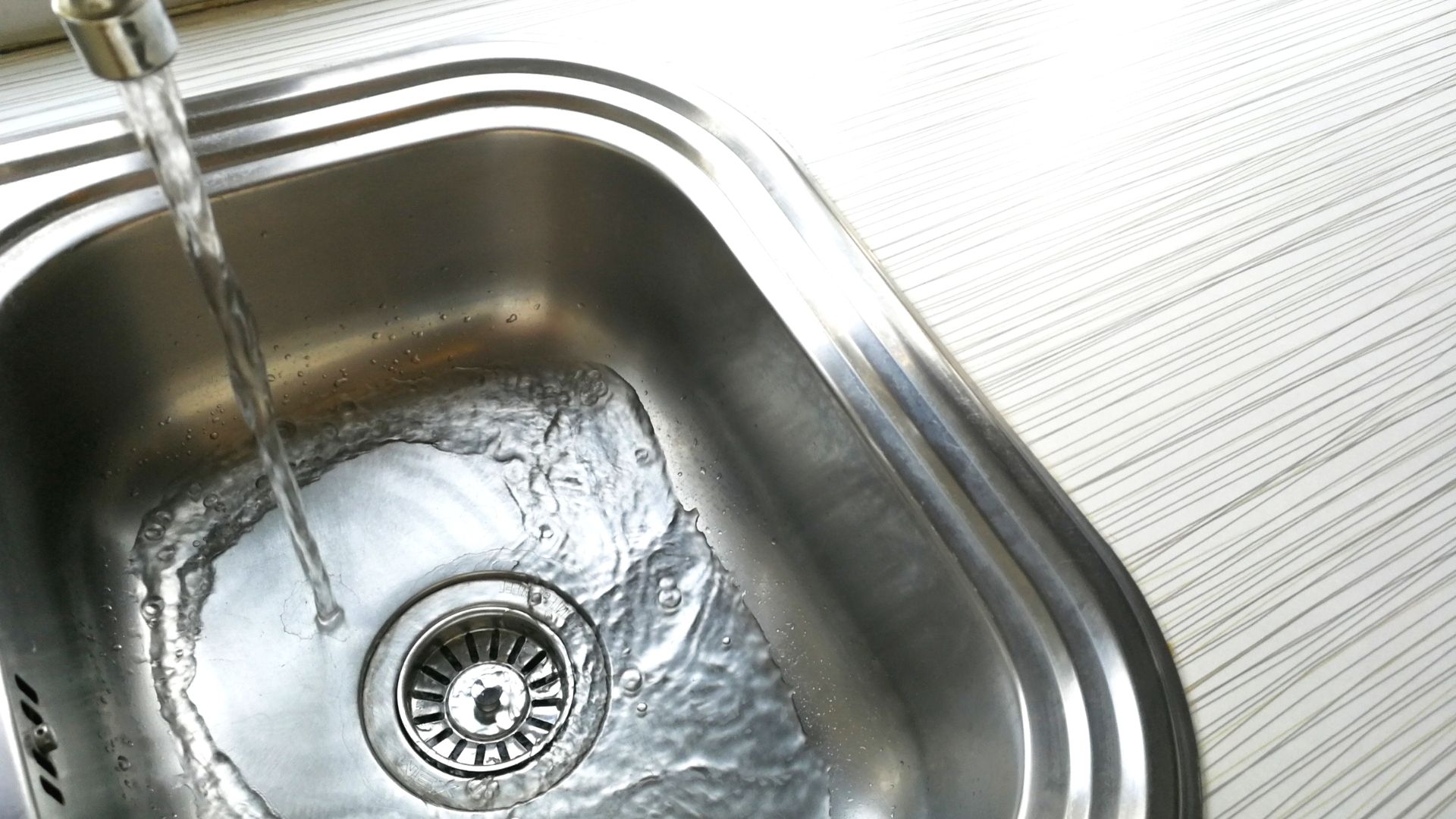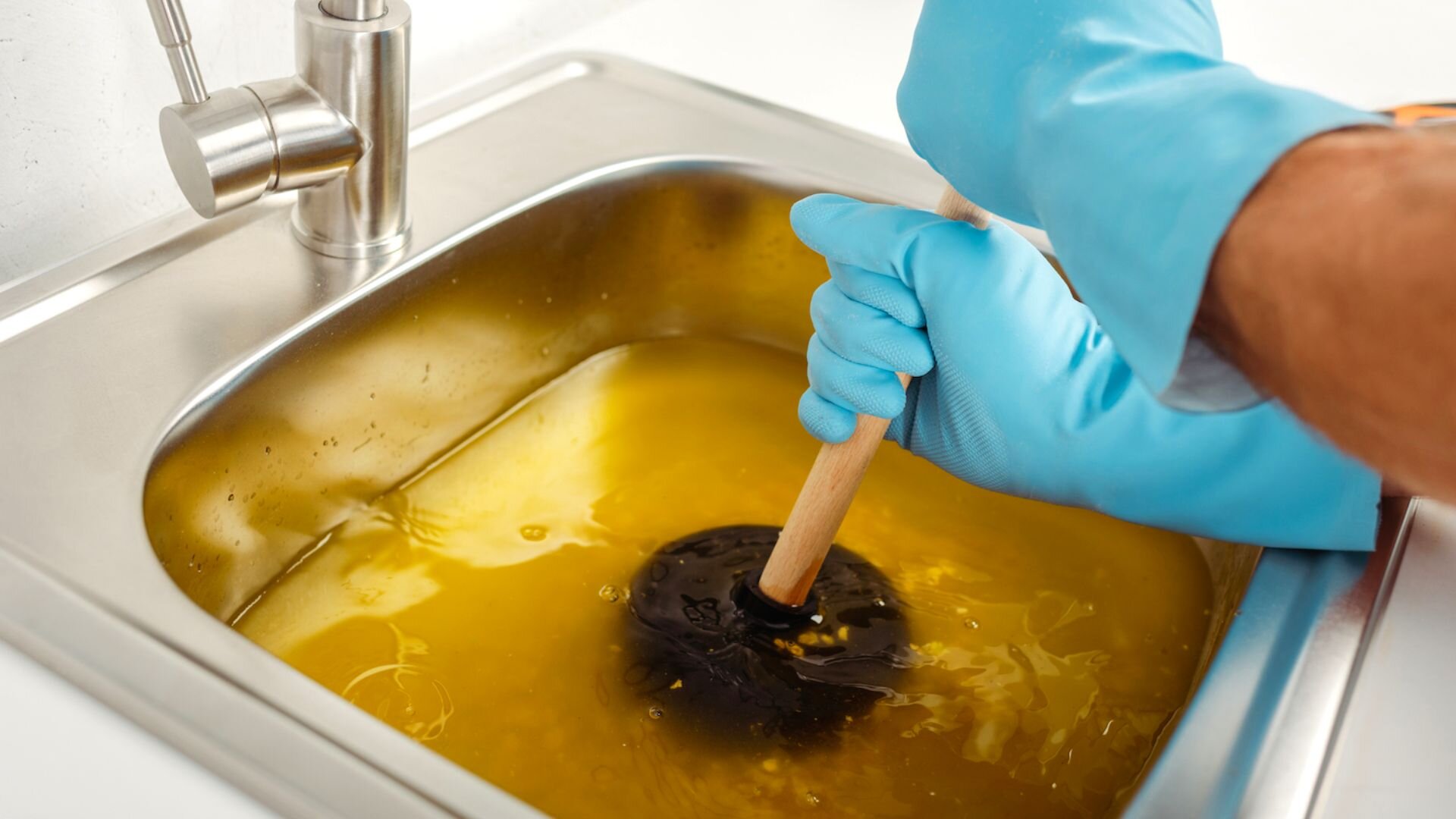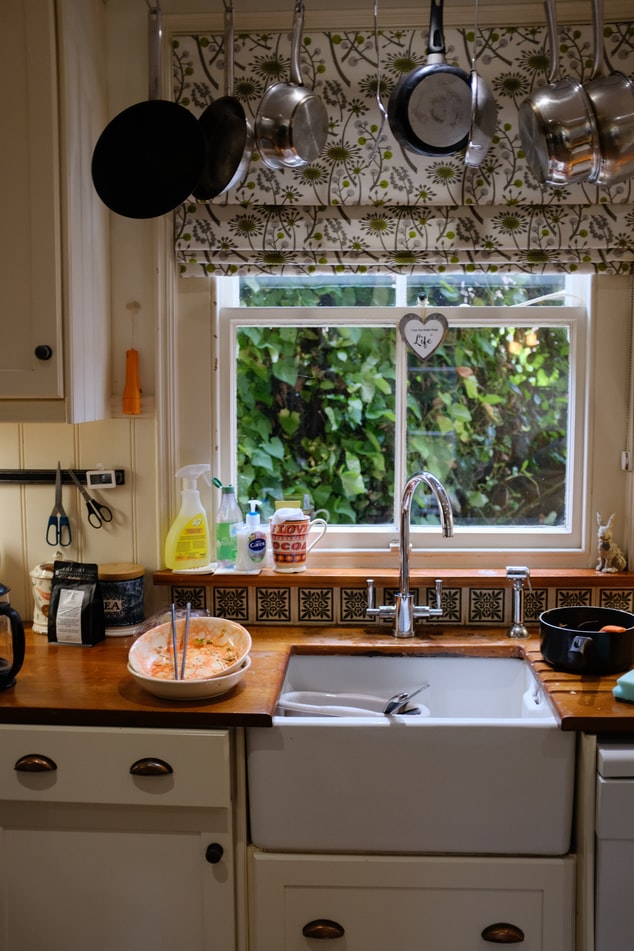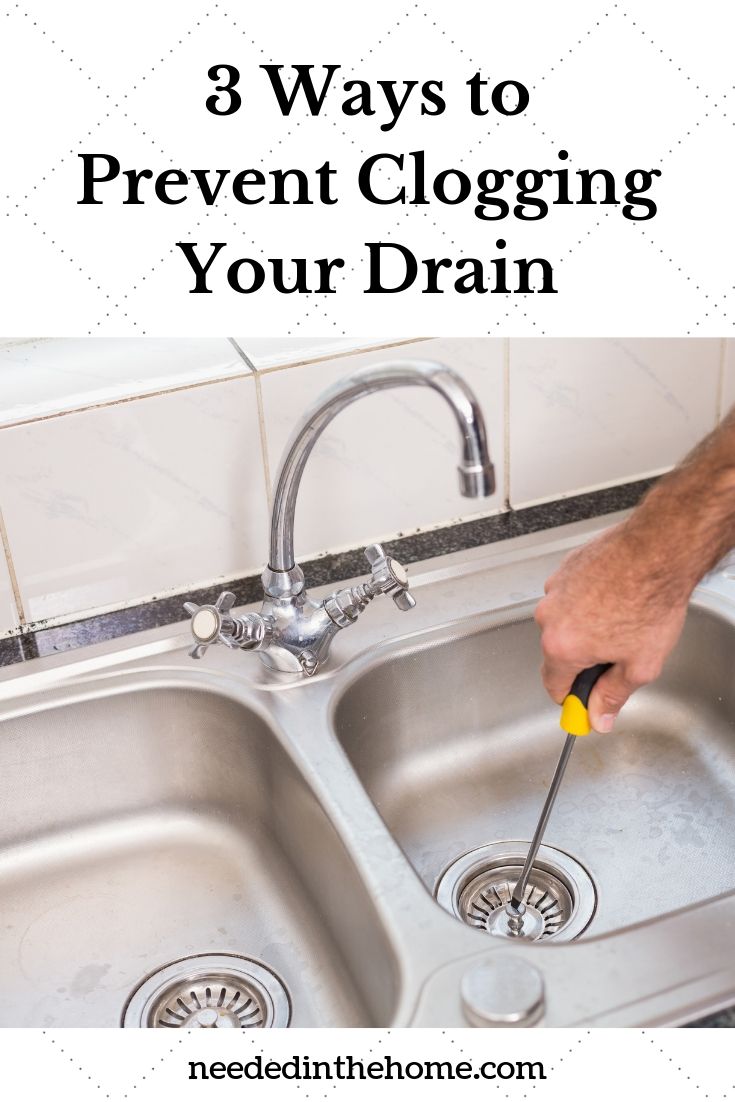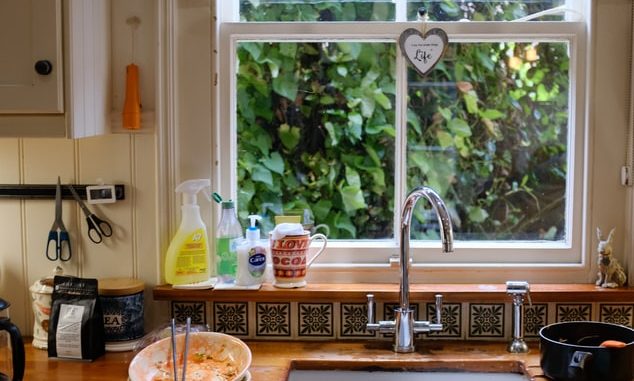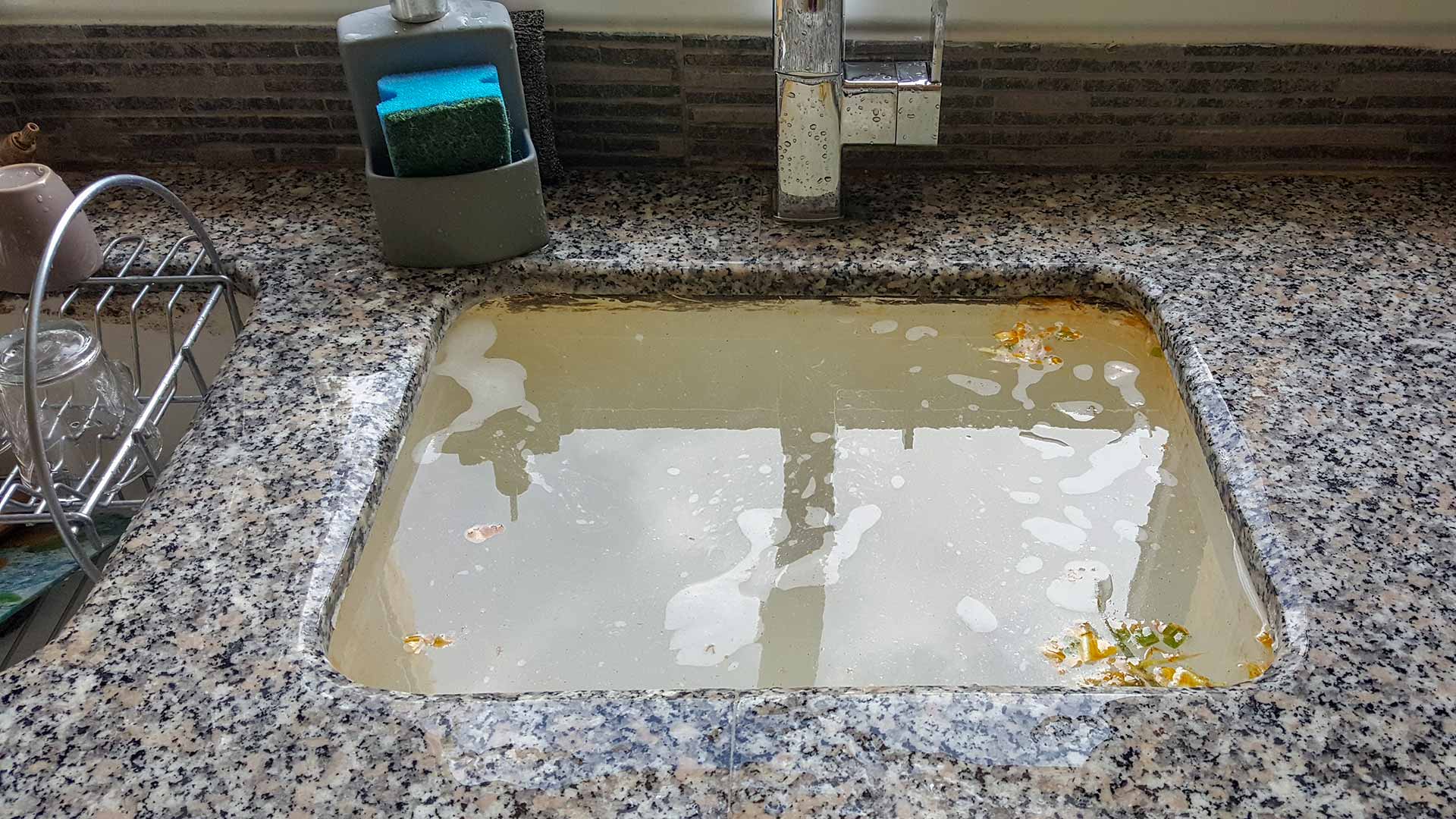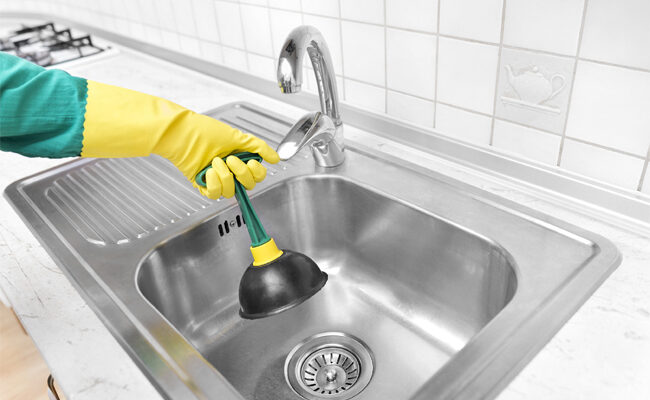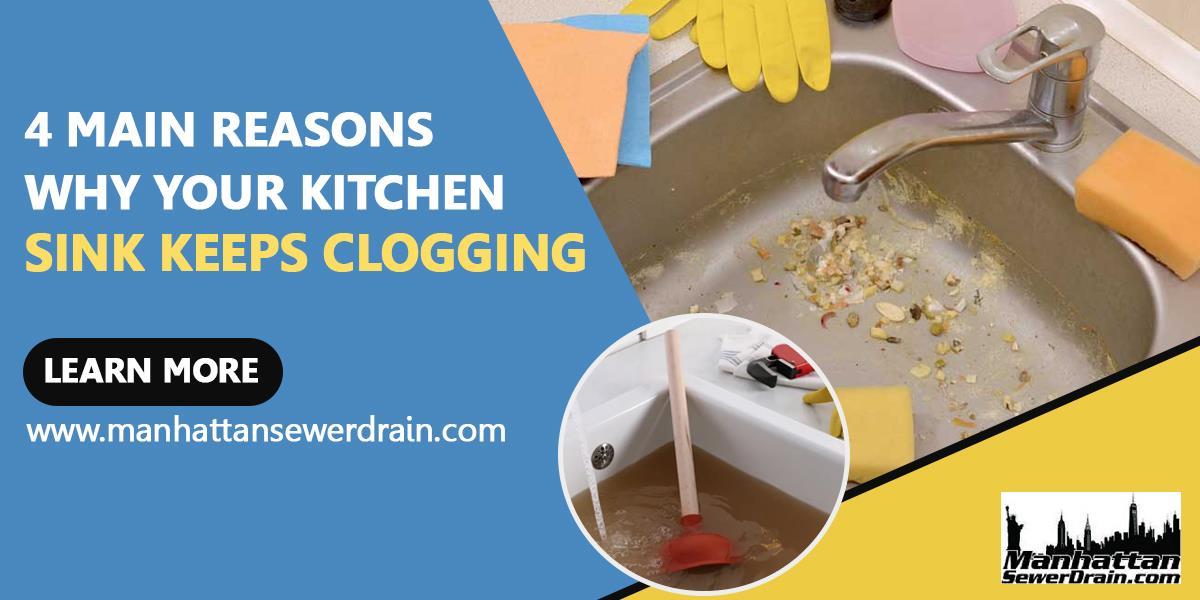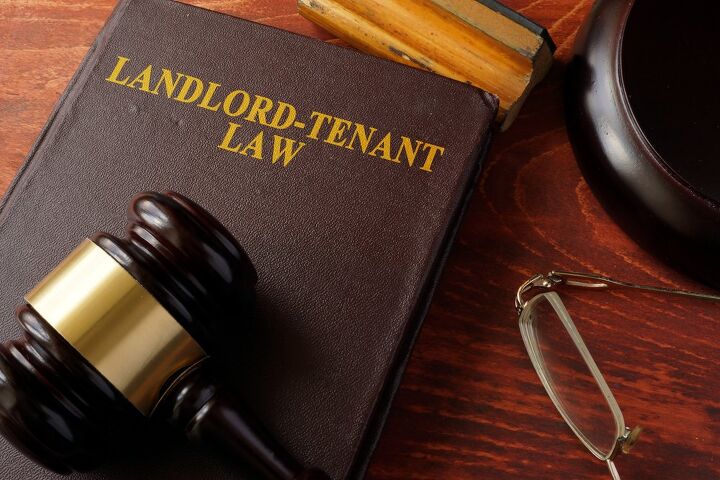How to Handle a Clogged Kitchen Sink as a Tenant
Clogged kitchen sinks are a common issue that many tenants face in their rental properties. It can be frustrating to deal with, especially if it disrupts your daily routine. However, as a tenant, it's important to know your rights and responsibilities when it comes to a clogged kitchen sink.
What to Do When Your Kitchen Sink is Clogged: A Guide for Tenants
The first step to take when you notice a clog in your kitchen sink is to inform your landlord or property manager immediately. It's their responsibility to address any maintenance issues in the rental property. If the clog is causing a major inconvenience, be sure to mention it in your communication.
Tenant Rights and Responsibilities for a Clogged Kitchen Sink
According to most rental agreements, tenants are responsible for maintaining the cleanliness and functionality of their living space. This includes keeping the kitchen sink clean and free of clogs. However, if the clog is due to a faulty plumbing system or other issues beyond the tenant's control, the landlord is responsible for fixing it.
Landlord Obligations for a Clogged Kitchen Sink in a Rental Property
As mentioned before, it is the landlord's responsibility to ensure that the rental property is in good condition and all maintenance issues are addressed in a timely manner. This includes a clogged kitchen sink. If the clog is due to a pre-existing issue, the landlord is responsible for fixing it at their own cost.
Steps to Take When Your Kitchen Sink is Clogged in a Rental Property
If the clog is minor, you can try to fix it yourself using a plunger or a drain snake. However, if the clog persists or if you are not comfortable handling it on your own, it's best to contact your landlord immediately. They will either send a maintenance person to fix it or give you permission to hire a professional plumber.
Who is Responsible for a Clogged Kitchen Sink in a Rental Property: Tenant or Landlord?
As mentioned earlier, responsibility for a clogged kitchen sink depends on the cause of the clog. If it is due to the tenant's negligence, such as disposing of grease or large food particles down the drain, the tenant is responsible for fixing it. However, if it is due to a faulty plumbing system or other issues beyond the tenant's control, the landlord is responsible for fixing it.
How to Prevent a Clogged Kitchen Sink in a Rental Property
The best way to deal with a clogged kitchen sink is to prevent it from happening in the first place. Some simple steps you can take to prevent clogs include avoiding pouring grease down the drain, using a drain strainer to catch food particles, and regularly cleaning the drain with a mixture of hot water and baking soda.
What to Do if Your Landlord is Not Addressing a Clogged Kitchen Sink Issue
If your landlord is not addressing a clogged kitchen sink issue, it's important to communicate with them in writing. Keep a record of all communication and give them a reasonable timeframe to fix the issue. If they still do not take action, you can seek legal advice or contact your local tenant's rights organization for assistance.
Legal Options for Tenants with a Clogged Kitchen Sink and Unresponsive Landlord
If your landlord continues to neglect their responsibility to fix a clogged kitchen sink, you may have legal options to pursue. This can include breaking your lease agreement, filing a complaint with the local housing authority, or taking legal action against your landlord for breach of contract.
How to Communicate with Your Landlord About a Clogged Kitchen Sink
When communicating with your landlord about a clogged kitchen sink, it's important to remain calm and professional. Clearly explain the issue and provide any evidence, such as photos or videos, to support your claim. Keep a record of all communication and follow up if necessary.
Clogged Kitchen Sink: A Common Issue for Tenants and Landlords
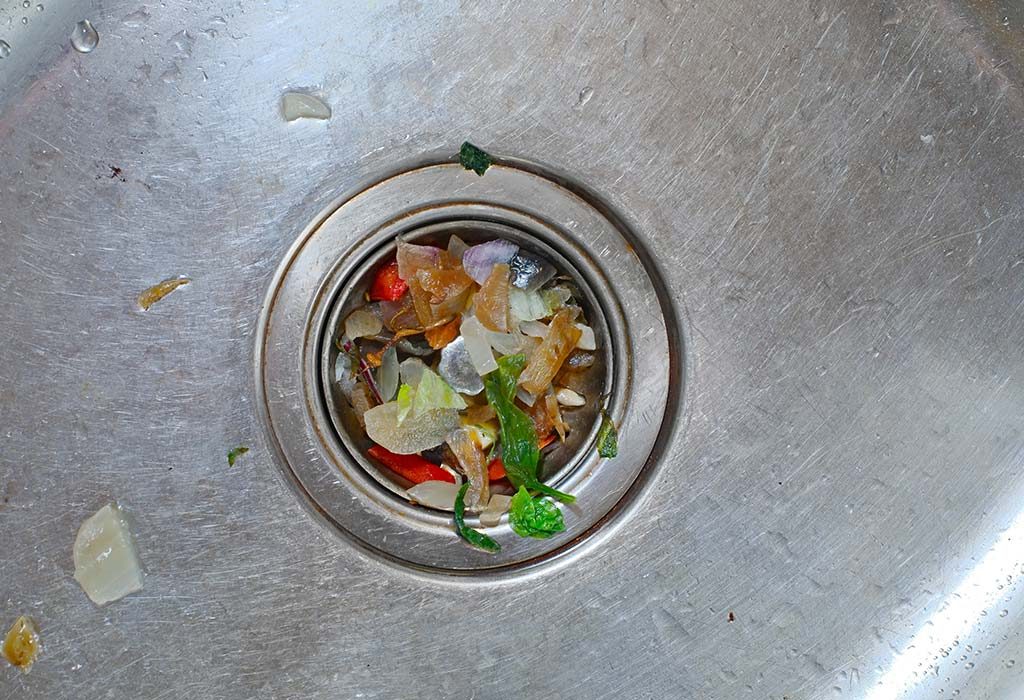
The Importance of Proper Kitchen Sink Maintenance
 When it comes to kitchen design, the sink is often the focal point. It's where we wash our dishes, prepare our food, and even fill up our glasses with water. However, when a kitchen sink becomes clogged, it can quickly become a major headache for both tenants and landlords. Not only does it disrupt daily activities, but it can also lead to costly repairs and potential health hazards. That's why proper maintenance of kitchen sinks is crucial for both tenants and landlords.
When it comes to kitchen design, the sink is often the focal point. It's where we wash our dishes, prepare our food, and even fill up our glasses with water. However, when a kitchen sink becomes clogged, it can quickly become a major headache for both tenants and landlords. Not only does it disrupt daily activities, but it can also lead to costly repairs and potential health hazards. That's why proper maintenance of kitchen sinks is crucial for both tenants and landlords.
Common Causes of a Clogged Kitchen Sink
 There are several reasons why a kitchen sink may become clogged. One of the most common causes is simply food particles and grease that get washed down the drain. Over time, these substances can build up and create blockages. Another common cause is foreign objects, such as utensils or small toys, getting accidentally dropped into the sink. Additionally, old and deteriorating pipes can also contribute to clogged sinks.
There are several reasons why a kitchen sink may become clogged. One of the most common causes is simply food particles and grease that get washed down the drain. Over time, these substances can build up and create blockages. Another common cause is foreign objects, such as utensils or small toys, getting accidentally dropped into the sink. Additionally, old and deteriorating pipes can also contribute to clogged sinks.
Tenants: Take Preventative Measures
 As a tenant, it's essential to take preventative measures to avoid a clogged kitchen sink. This includes being mindful of what you put down the drain and using a drain strainer to catch food particles. It's also a good idea to run hot water down the drain after each use to help break down any grease build-up. If you do notice a slow drain, address it immediately by using a plunger or a natural drain cleaner.
As a tenant, it's essential to take preventative measures to avoid a clogged kitchen sink. This includes being mindful of what you put down the drain and using a drain strainer to catch food particles. It's also a good idea to run hot water down the drain after each use to help break down any grease build-up. If you do notice a slow drain, address it immediately by using a plunger or a natural drain cleaner.
Landlords: Address Issues Promptly
 For landlords, it's important to address any clogged sink issues promptly. This not only ensures the satisfaction of tenants but also prevents further damage and potential health hazards. It's also a good idea to regularly inspect and maintain the kitchen sink and pipes to prevent clogs from occurring in the first place. If a clog does occur, consider using a professional plumbing service to handle the issue effectively.
For landlords, it's important to address any clogged sink issues promptly. This not only ensures the satisfaction of tenants but also prevents further damage and potential health hazards. It's also a good idea to regularly inspect and maintain the kitchen sink and pipes to prevent clogs from occurring in the first place. If a clog does occur, consider using a professional plumbing service to handle the issue effectively.
The Benefits of Proper Kitchen Sink Maintenance
 Proper kitchen sink maintenance not only prevents clogged sinks, but it also has other benefits. By regularly cleaning and maintaining the sink, it can prolong its lifespan and prevent costly repairs in the long run. It also promotes a healthier living environment by preventing bacteria and mold growth. Additionally, it can improve the overall aesthetic of the kitchen and enhance the overall value of the property.
Proper kitchen sink maintenance not only prevents clogged sinks, but it also has other benefits. By regularly cleaning and maintaining the sink, it can prolong its lifespan and prevent costly repairs in the long run. It also promotes a healthier living environment by preventing bacteria and mold growth. Additionally, it can improve the overall aesthetic of the kitchen and enhance the overall value of the property.
In Conclusion
 In conclusion, a clogged kitchen sink is a common issue for both tenants and landlords. By taking preventative measures and addressing issues promptly, it can be avoided and help maintain a healthy living environment. Proper kitchen sink maintenance is essential for the functionality, aesthetics, and value of any rental property. As a tenant or landlord, it's important to prioritize the upkeep of the kitchen sink to avoid potential headaches and expenses.
In conclusion, a clogged kitchen sink is a common issue for both tenants and landlords. By taking preventative measures and addressing issues promptly, it can be avoided and help maintain a healthy living environment. Proper kitchen sink maintenance is essential for the functionality, aesthetics, and value of any rental property. As a tenant or landlord, it's important to prioritize the upkeep of the kitchen sink to avoid potential headaches and expenses.






